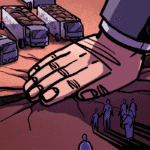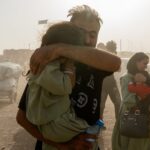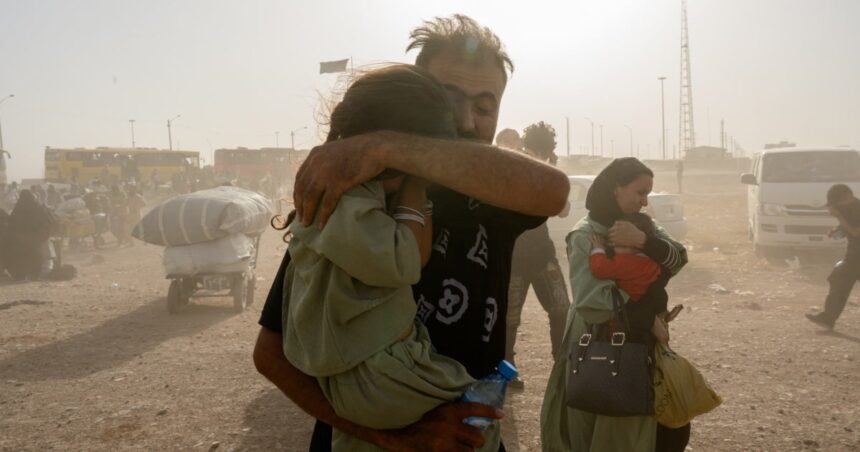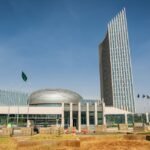24 Daily News
(New York) – The Taliban have deepened their repression since taking over Afghanistan on August 15, 2021, by intensifying restrictions on the rights of women and girls, detaining journalists, and silencing all dissent, Human Rights Watch said today. Afghanistan now faces one of the world’s worst humanitarian crises, exacerbated by donor governments’ aid cuts and the return of 1.9 million refugees expelled from Iran and Pakistan.
The Taliban have continued to bar girls from education beyond the sixth grade and women from universities. Women also face severe restrictions on employment, freedom of movement, and access to public spaces and services. These rights violations have limited their access to humanitarian aid and health care. On July 8, 2025, the International Criminal Court issued arrest warrants for the Taliban leader, Haibatullah Akhundzada, and the chief justice, Abdul Hakim Haqqani, on a charge of the crime against humanity of gender persecution.
“The fourth anniversary of the Taliban takeover is a grim reminder of the gravity of the Taliban’s abuses, particularly against women and girls,” said Fereshta Abbasi, Afghanistan researcher at Human Rights Watch. “The Taliban’s abhorrent acts should compel governments to support efforts to hold the Taliban leadership and all those responsible for serious crimes in Afghanistan to account.”
The Taliban have harshly enforced a draconian 2024 law on the “propagation of virtue and prevention of vice” that stipulates rules on dress and behavior. Enforcement committees at the local level have carried out raids on workplaces, monitored public spaces, and established checkpoints to inspect mobile phones and question vehicle occupants and pedestrians.
Taliban officials have detained people for alleged infractions of the law, such as playing music, wearing inappropriate hijabs, or failing to separate women from men in work environments. Strict enforcement of the requirement for women to be accompanied by a male relative has added to women’s daily hardships and restrictions, while further impeding their access to humanitarian assistance and public services like health care.
A coalition of Afghan and international human rights organizations renewed their appeal in September 2024. They urged the United Nations Human Rights Council to establish an independent international accountability mechanism for Afghanistan, with a mandate to investigate and collect, preserve, and analyze evidence of grave violations and abuses in Afghanistan.
UN member countries have for four years failed to take effective action to end the egregious rights violations occurring in Afghanistan, Human Rights Watch said. The European Union should propose the creation of a comprehensive accountability mechanism for Afghanistan in the annual resolution it will present to the UN Human Rights Council for adoption in September.
Iran and Pakistan have expelled nearly two million Afghans as part of government crackdowns on immigrants and refugees. Among those being forced back are Afghans who fled to Iran and Pakistan out of fear of persecution after the Taliban takeover. Many of those deported or forced to leave had lived outside Afghanistan for decades, or in some cases their entire lives. The numbers have added to the millions who have been internally displaced in Afghanistan and have severely strained humanitarian support.
In addition, on July 18, Germany deported 81 Afghans to Kabul, the first deportations to Afghanistan under the government of Chancellor Friedrich Merz, in what the government said would be continuing deportations. In the United States, the Trump administration has terminated temporary protected status for Afghan nationals, severely restricted the humanitarian parole program for Afghans, indefinitely suspended all refugee admissions, and included Afghanistan on the list of travel ban countries, making thousands of Afghan nationals deportable, including their removal to third countries.
Domestic media outlets have had to comply with strict regulations limiting content, including prohibitions on images of people and vague requirements against publishing anything against Islam. Journalists have said they increasingly self-censor to avoid retaliation by the authorities.
Trump administration cuts to US aid programs – which had made up more than 40 percent of Afghanistan’s humanitarian assistance until January 2025 – have devastated food assistance efforts that were essential for ensuring access to food, disproportionately harming women and girls. Half of Afghanistan’s population or about 23 million require food aid. As of July, the UN Office for the Coordination of Humanitarian Affairs (OCHA) reported that more than 400 health facilities have closed due to lack of funds, much of which had come from donor governments’ official development assistance.
The loss of foreign assistance has exacerbated malnutrition, particularly among children. Cuts to aid have also jeopardized critical online education programs for girls and women.
“The global implications of the Taliban’s takeover have become increasingly clear over the past four years,” Abbasi said. “Governments need to press the Taliban to end their abuses while also alleviating Afghanistan’s humanitarian crisis. No country should be forcibly returning any Afghans.”
Stay informed with the latest news from the US and around the world — only on
24 Daily News.
















